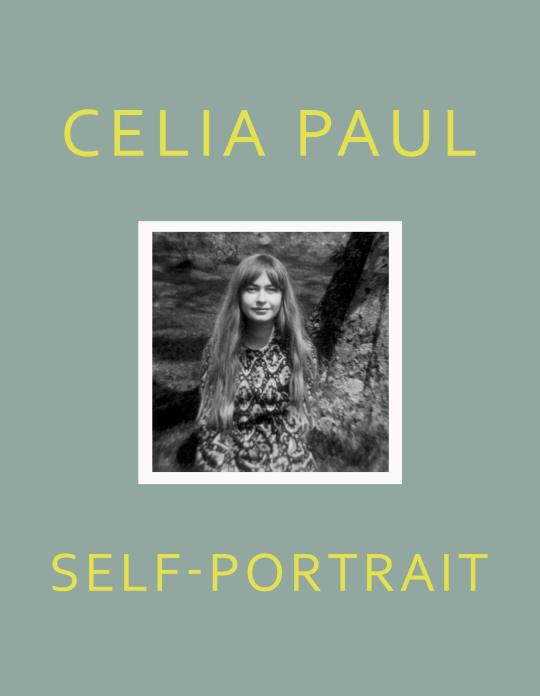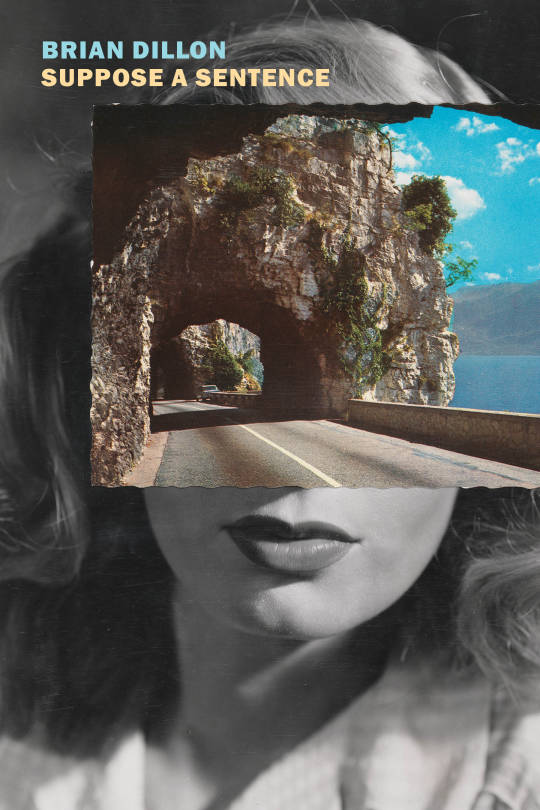#peter brooks
With the world turned upside down, we could all use something to look forward to—so, for the next few weeks, we’ll be highlighting our new season of books coming in the fall. First up are four new nonfiction titles from our New York Review Books series, all arriving in September: a literary biography of Balzac, a memoir on loss, the autobiography of an artist too long mistaken for a muse, and a collection of entire essays on single sentences.

Peter Brooks, Balzac’s Lives
Balzac’s massive exploration of French society, The Human Comedy, is said to have invented the nineteenth-century novel, if not the nineteenth century itself (according to Oscar Wilde). Here, writer and scholar Peter Brooks examines the man behind the masterpiece in a vivid and searching study that is based on a close examination of his extraordinary characters—from the capitalist Gobseck to the gay criminal mastermind Collin.
Dorothy Gallagher, Stories I Forgot to Tell You
Dorothy Gallagher’s husband, Ben Sonnenberg, the author of Lost Property: Memoirs and Confessions of a Bad Boy (out in June), died over a decade ago after a long battle with multiple sclerosis. In Stories I Forgot to Tell You, she moves between present and past, the smallest moments of life with her husband and her life after him. It’s a quirky and profound portrait of love, of loss, and of two writers sharing a life.

Celia Paul, Self-Portrait
Celia Paul, one of Britain’s greatest painters alive today, lived long in the shadow of the domineering artist Lucian Freud: their decades-long relationship began when she was eighteen and he fifty-five. This intimate, introspective memoir puts her finally at the center of her own story, with poignant reflections on Freud as well as childhood, family, and motherhood, and above all her unyielding dedication to art.

Brian Dillon, Suppose a Sentence
Brian Dillon’s last book, Essayism, was a roaming love letter to literature’s perhaps most indefinable form. In this collection, he offers a series of essays prompted by a single sentence—from Shakespeare to Janet Malcolm, John Ruskin to Joan Didion—exploring style, voice, language, and the subjectivity of reading.
